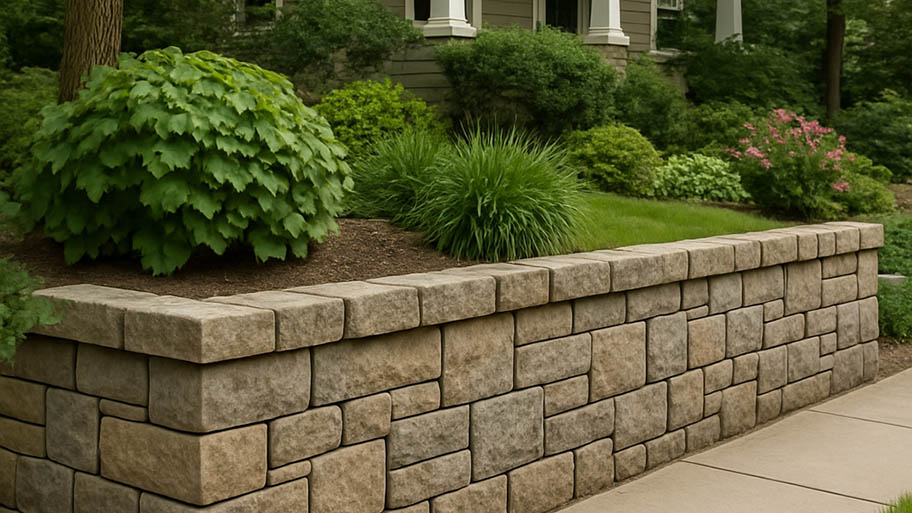
Kick erosion to the curb with an eye-catching retaining wall. Retaining wall costs vary based on the material, but this guide will help you budget.
Pave your way to a picture-perfect yard
Pavers make for a wonderful, durable surface in your outdoor living spaces. As opposed to simply pouring concrete, pavers allow for better natural contraction and expansion, which is great for warm and cold weather climates. Plus, you have different options for materials (and shapes) that can help you customize how your home looks.
Here are nine different types of interlocking pavers to consider for your project.
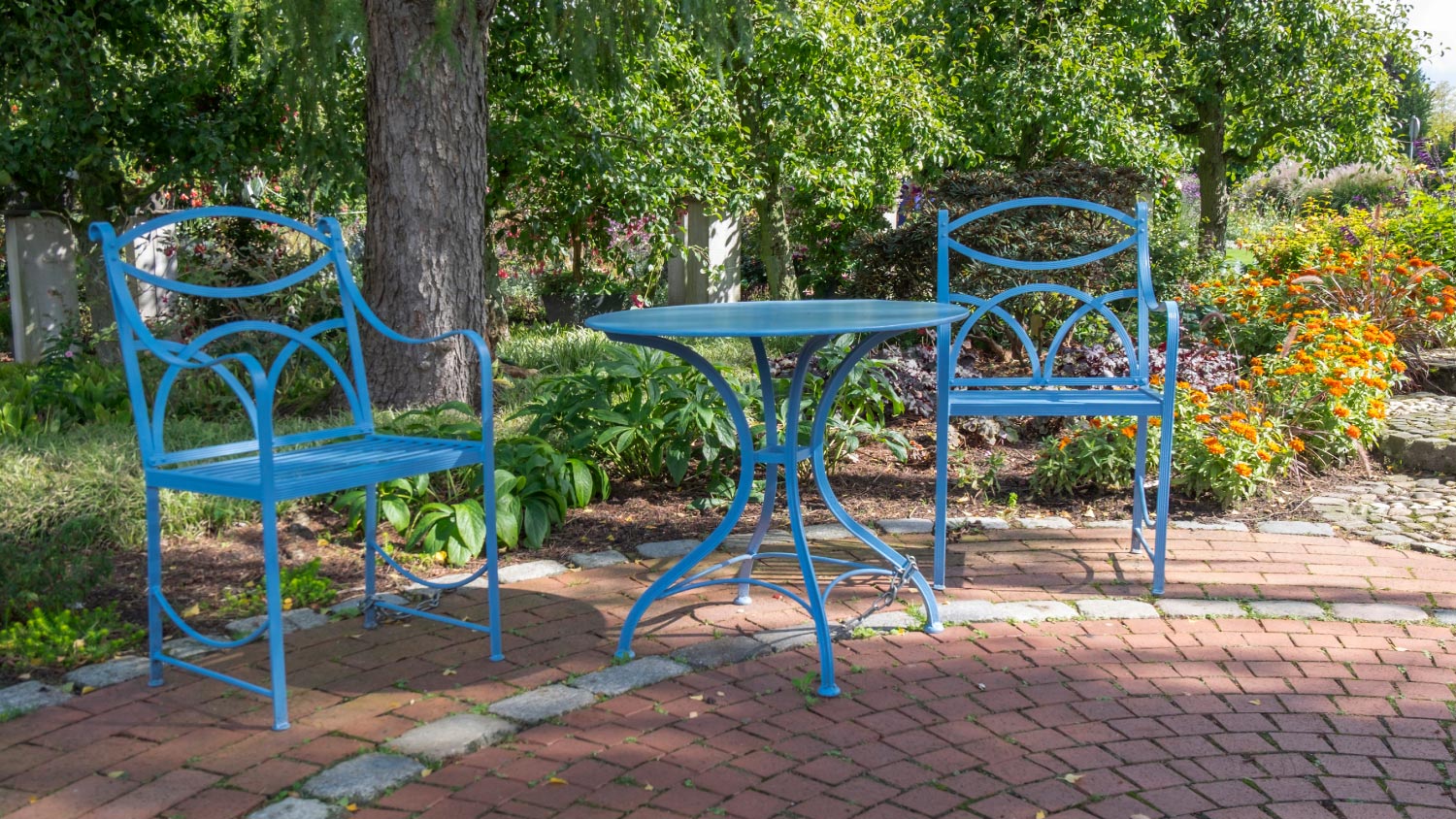
Brick pavers are one of the most common materials homeowners choose for installation, which makes sense. They hold up great with all weather types. Expect to pay $4 to $8 per square foot for brick pavers.
Manufacturers make some brick pavers out of clay, while others who use limestone may create a slightly thinner product. These can save you money as they cost $3 to $5 per square foot.
One drawback of brick pavers is they can crack or chip over time. But as part of your springtime cleaning routine, you can fix them up before the damage gets too serious.
Long-lasting, affordable, and durable are just a few reasons some homeowners choose rubber pavers. They're also much lighter and easier to install than natural stone, which could save you money on installation costs.
From a functional perspective, rubber pavers are ideal for surfaces where kids play and even for older family members who may be prone to falling. Expect to pay on the lower end, somewhere around $4 to $8 per square foot.
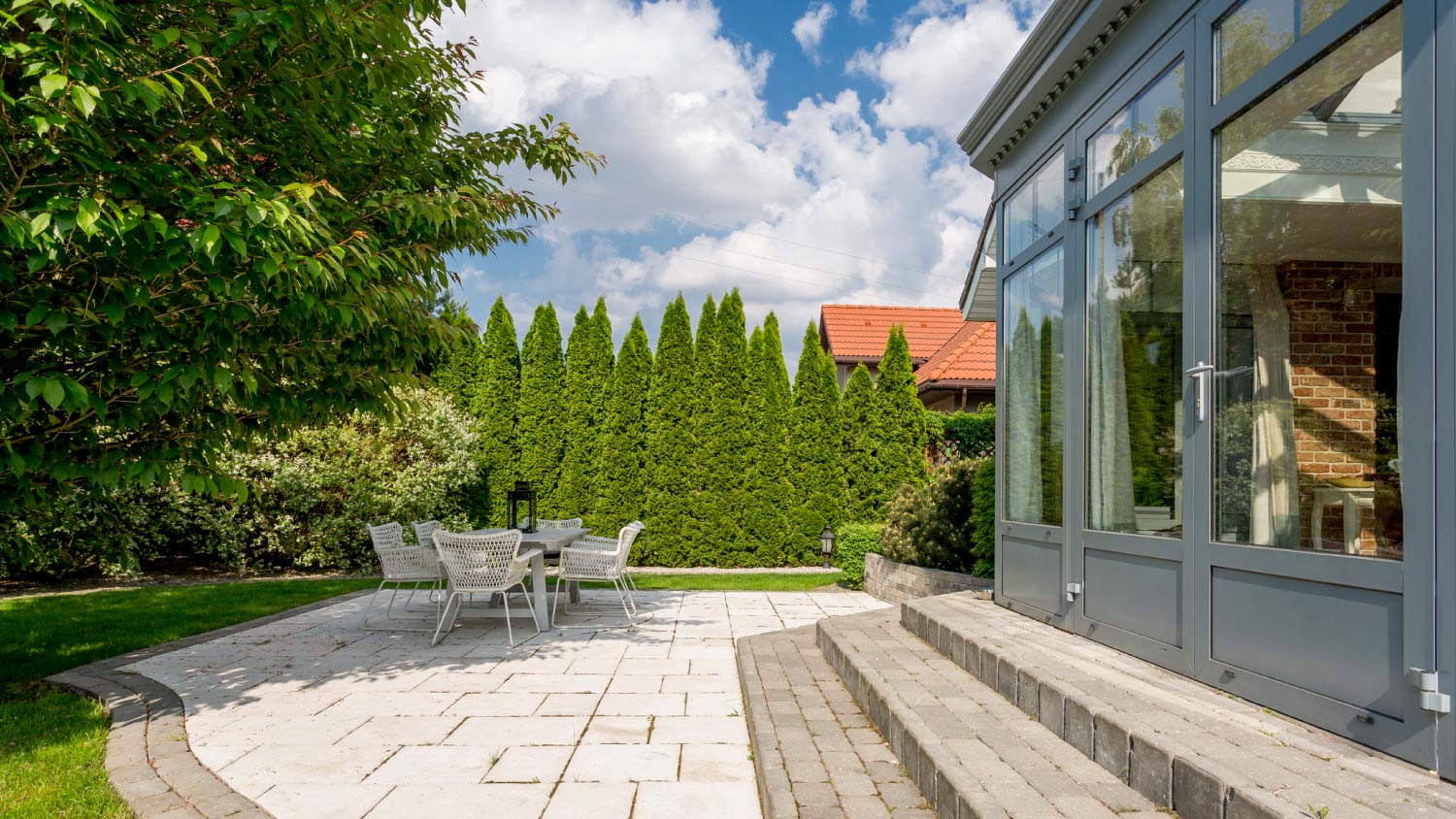
When many homeowners think of pavers, they picture concrete pavers. They are probably the most popular material used for outdoor living spaces due to affordability, life expectancy, and the relatively easy installation.
Concrete pavers cost $2 to $7 per square foot on average.
Speaking of concrete, though, you should never install pavers over concrete, regardless of the material you choose. Interlocking pavers need a secure foundation laid with sand or gravel at the bottom to allow for natural contraction and expansion.
An elegant design with high functionality, homeowners with a higher budget may also consider flagstone as another natural stone paver. Flagstone patio installation costs, for example, could be anywhere from $15 to $30 per square foot.
It has a very unique look to it and you can have it cut in specific patterns to give your walkway, patio, or outdoor living space a unique look.
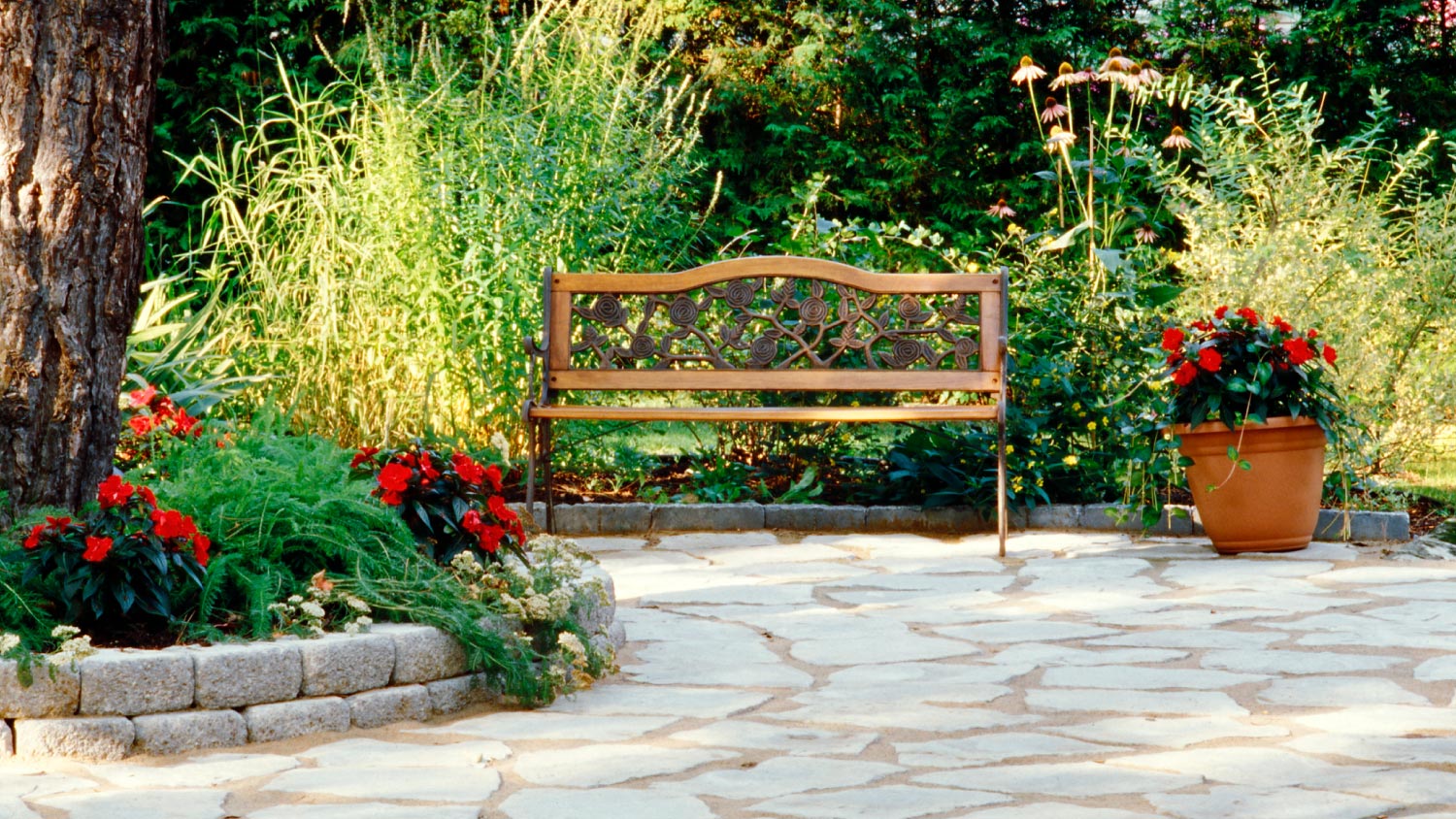
Natural stone is a great way to make your yard or walkway look its very best.
Stone pavers cost more on average than other materials, though. Expect to pay anywhere from $5 to $16 per square foot, depending on the quality of stone and difficulty of installation.
Material is one way to categorize interlocking pavers, but design and shape also opens up a world of possibilities for homeowners.
Some shape options for pavers include:
Brick
Triangular
Oxford
Hexagon
Basil
Dumble
Mix and match as you please to give your outdoor space a truly innovative look. If you're ready to start this project, look into hiring a hardscape contractor near you. Your hardscape pro can help you choose the right type of pavers for your project and the best shapes for your yard.
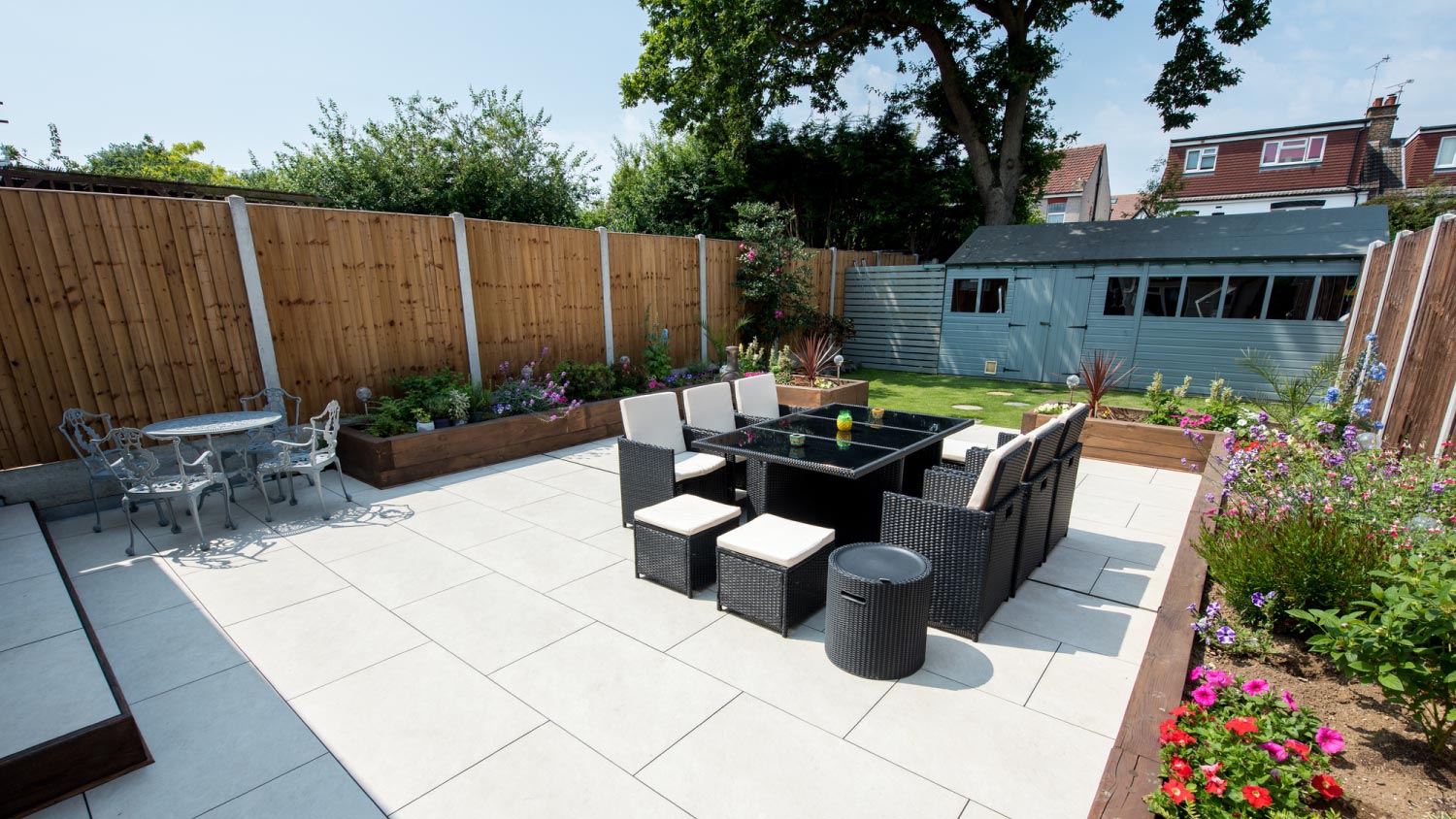
Porcelain is another alternative pavers material that some homeowners gravitate towards.
Some of the benefits of porcelain pavers include:
Lightweight
Easy to clean
Come in a variety of sizes and styles
Resistance to mold and mildew
They're more expensive than concrete, and may be a little harder to cut than other materials, meaning installing them DIY might be difficult.
Considering pavers for an indoor living space? Style, beauty, and resilience are a few of the words you might use to describe marble pavers. However, they're not typically suited for outdoor spaces, as they can easily stain due to poor weather. Expect to pay $4 to $6 per square foot.
Resin interlocking pavers are a durable and cost-effective option. These lightweight pavers are easier to install than their natural stone and concrete counterparts, so they're a DIYable option for backyard projects. Resin pavers perform better in cold weather. They rise during the cold season, but you can push them back down when the weather warms up. You’ll have to replace damaged ones after the season with other pavers.
From average costs to expert advice, get all the answers you need to get your job done.

Kick erosion to the curb with an eye-catching retaining wall. Retaining wall costs vary based on the material, but this guide will help you budget.
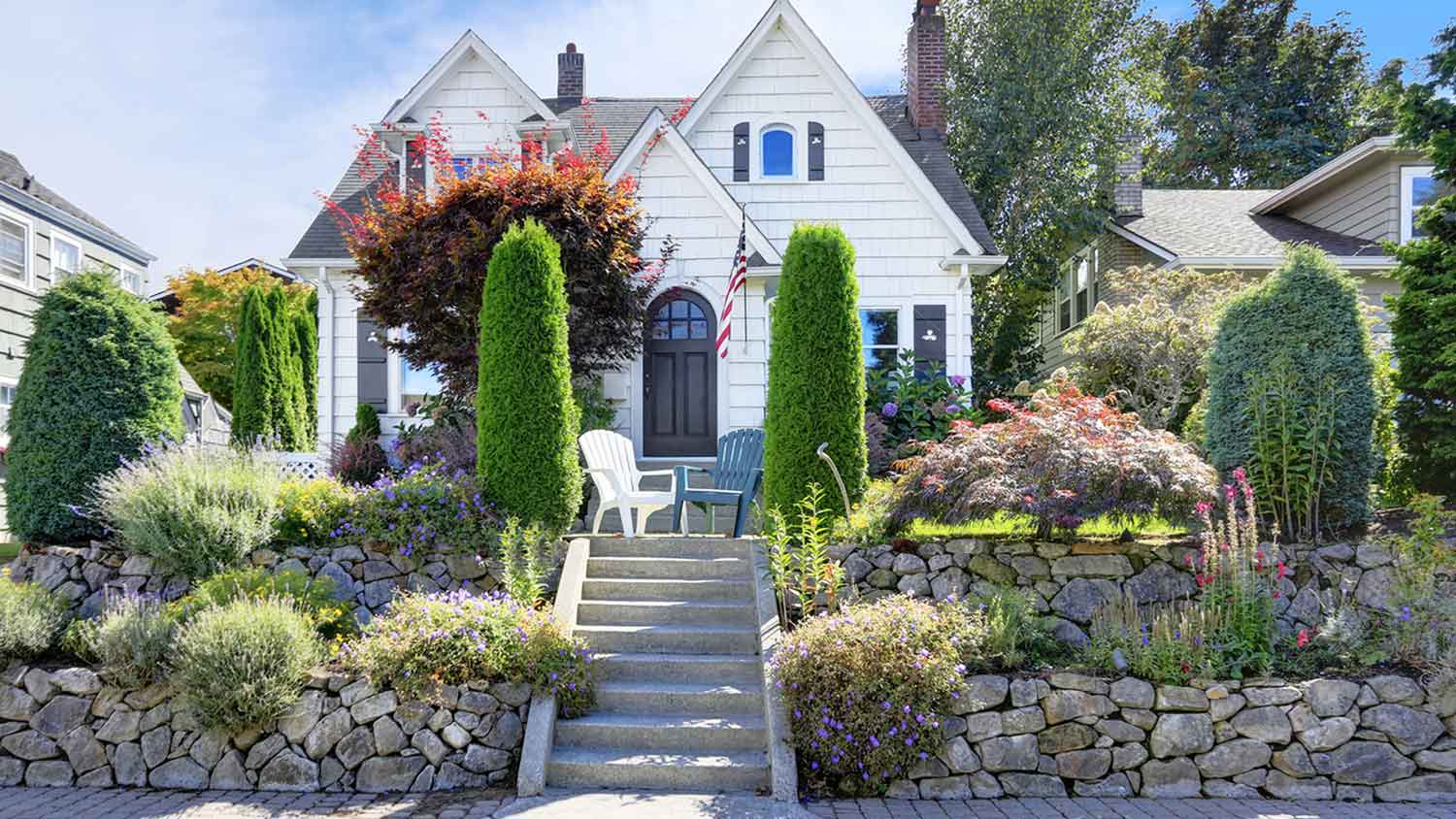
Retaining wall repair cost can vary widely based on the age and condition of the wall being restored. Learn why finding the right pro is important for getting the job done.

Porcelain pavers are a high-end option for your home’s hardscaping that can completely transform your outdoor space. Here’s how much porcelain pavers cost.
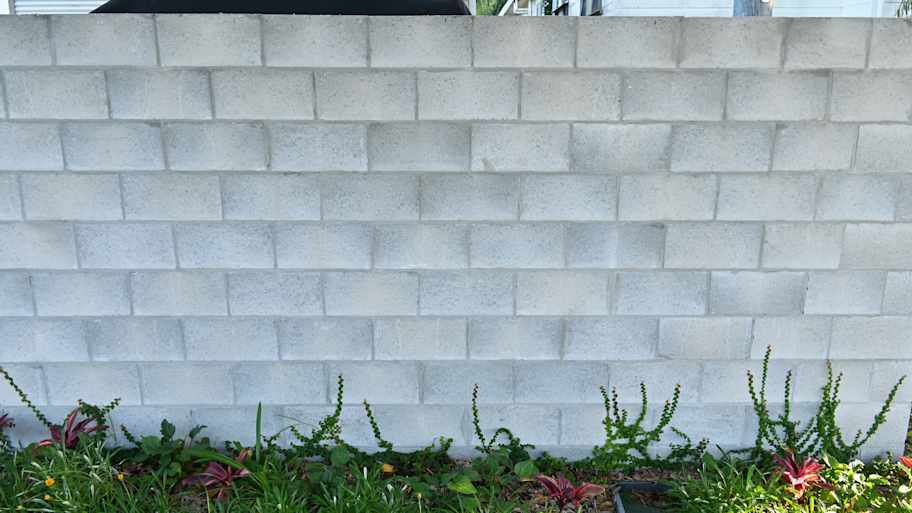
How many cinder blocks do I need? This calculator will help you estimate what you’ll need to complete your project with ease.
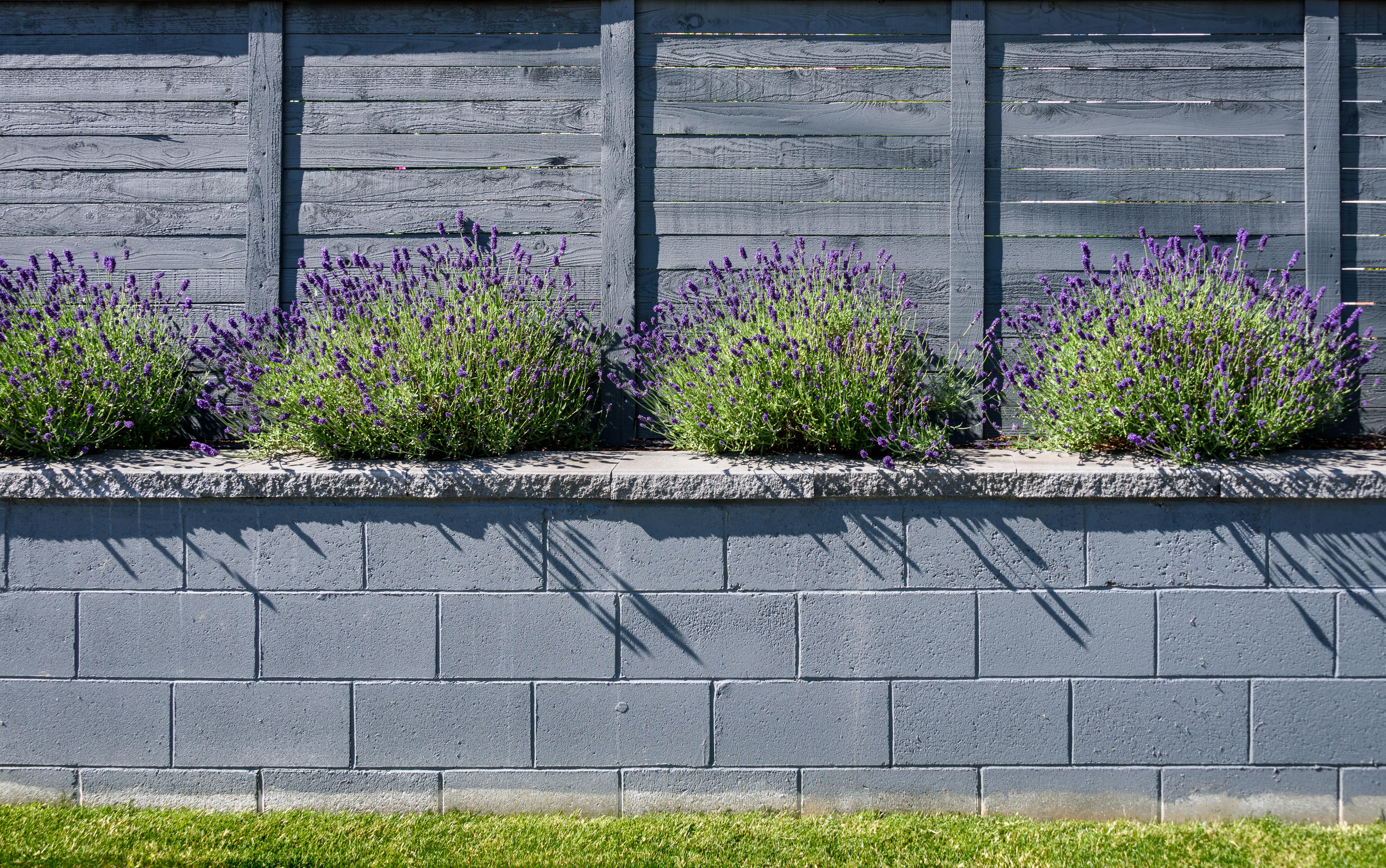
Find out how much a concrete retaining wall costs. Get average prices, cost factors, and expert tips to budget and save on your installation.

Keep your sloped property safe and functional by building a retaining wall. Learn about different types of retaining walls and which is best for your yard.